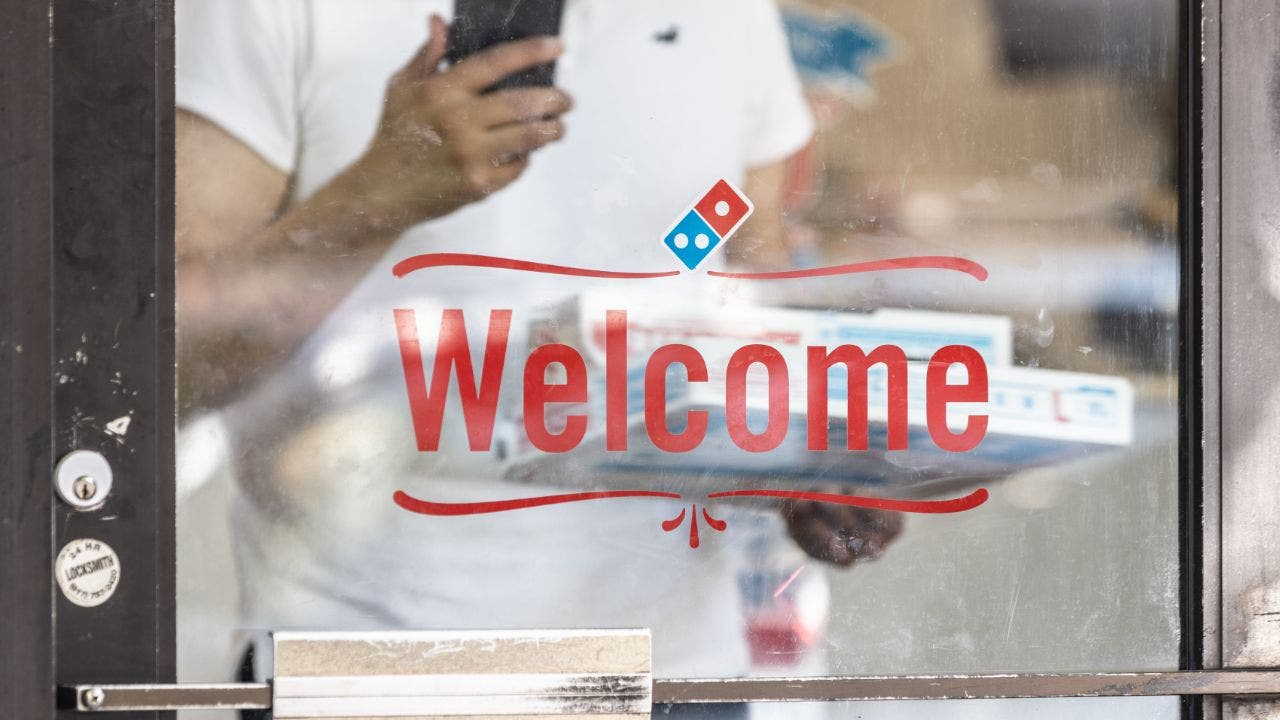Finance
AI set to transform the restaurant industry

Generative artificial intelligence is now in the restaurant industry, and that could mean major changes in operations and customer experience.
Earlier this month, Domino’s announced it has partnered with Microsoft to use the advanced AI to streamline pizza preparation, assist with quality control, inventory management and simplify the ordering process. As more big fast-food chains quickly work to adopt AI, what does that mean for the future of restaurants?
Bhavin Asher is the founder and CTO of GRUBBRR, a commerce automation company the provides self-ordering technologies to restaurants, and he says AI is set to revolutionize the industry.
Asher told FOX Business AI will eventually be integrated across all restaurant operations, playing a pivotal roll at the front of the house by making ordering and payment processes more efficient. He said in the back of the house, AI can be used to provide accurate forecasting, tackle food waste by predicting usage patterns and even streamline employee management and scheduling.
WHAT IS ARTIFICIAL INTELLIGENCE (AI)?
Customers can expect to see noticeable changes to ordering processes at restaurants that integrate AI into their systems, according to Asher, who said “AI can be a game-changer in understanding customer preferences, dietary restrictions, and ordering habits.”

He explained the technology can be used to personalize the experience by recommending dishes based on a customer’s previous choices, dietary preferences or current trends. Additionally, the introduction of Voice AI Ordering will also redefine the way customers interact with systems by providing them with a hands-free ordering process.
DEMAND FOR HUMAN WRITERS GROWING DESPITE THE RISE OF GENERATIVE AI: REPORT
Optimizing operations through AI can also drastically reduce wait times, he said.
“Through AI, we can anticipate the ebb and flow of customer demand,” Asher explained. “For instance, if data suggests that there’s always a surge of customers around a particular time, staffing can be adjusted accordingly to handle that demand. Not only does this mean faster service, but it also results in happier customers and a better utilization of resources.”

Just like virtually every industry right now, the restaurant business is struggling with a shortage of workers. Asher said the rise of AI will undoubtedly affect restaurant labor, but said to view the change as a re-allocation rather than a replacement of employees.
“While AI’s advancements are undeniably impressive, we must understand that it is not poised to replace human workers entirely,” he said, adding that “creating that welcoming, comforting atmosphere in a restaurant is something that machines can’t replicate.”
“To sum up, while AI will play an increasingly prominent role in restaurant operations, it doesn’t herald the end of human involvement,” Asher said. “Instead, it signifies an evolution, a partnership between technology and human skills, each amplifying the other.”
Read the full article here

-
Uncategorized2 days ago
The Surge of Crypto Slots: A New Period in Online Pc Gaming
-
Uncategorized3 days ago
Kəşf Etmək Binance Coin Kazino Saytları Dünyasını
-
Uncategorized3 days ago
The Increase of Dogecoin Casino Sites: An Extensive Introduction
-
Uncategorized2 days ago
High Roller Online Casinos: Inside the Globe of Elite Betting









